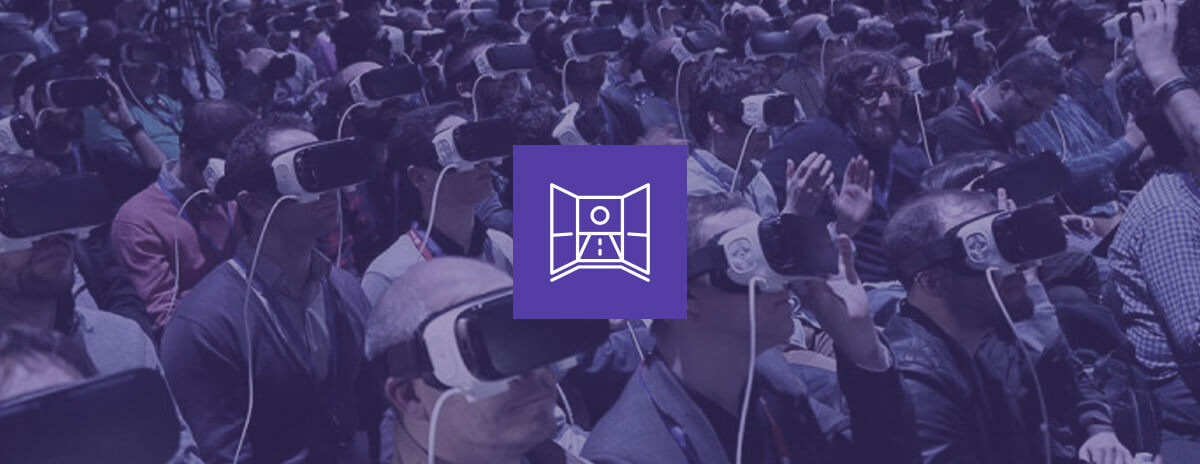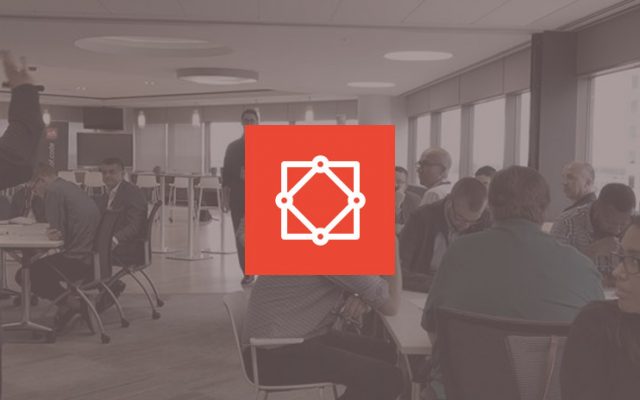The popularity of virtual reality (VR) is constantly growing and continues to push the boundaries of our imagination. People grew tired of ordinary 2D media content, so virtual reality is being called to deliver information in a new way to engage them. Some businesses use the extending VR trend already and adopted the technology to engage and interact with their target audiences. Business owners and marketing directors constantly google ‘What is VR’, ‘How to create virtual reality content’ and ‘How much does it cost to make a VR app’.
The VR adventure starts with a stereoscopic Head Mounted Display (HMD) which is a is a display gadget you wear on your head. According to PC Magazine, the TOP VR headsets of 2017 are Sony PlayStation VR, HTC Vive, Oculus Rift and Google Daydream.
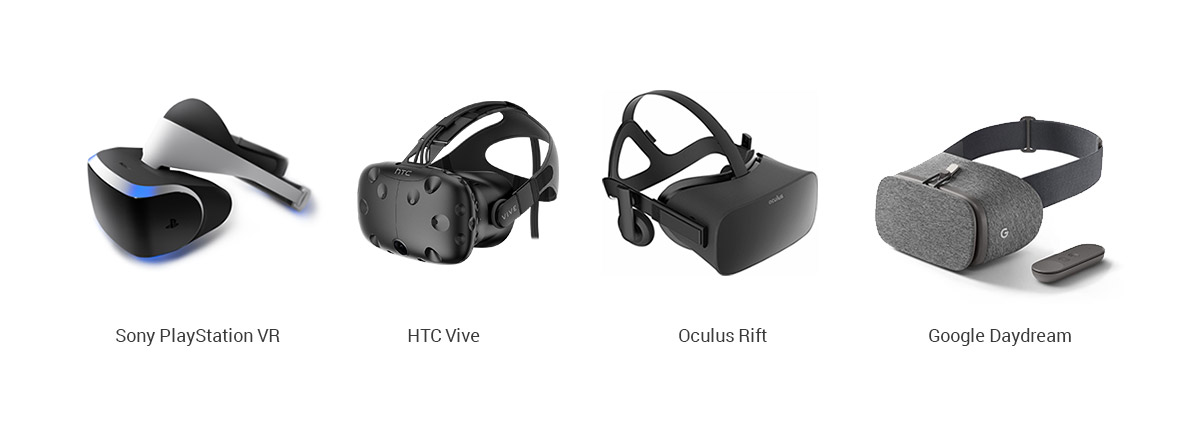
There are several more affordable HMD options including Google Cardboard, Samsung Gear and Zeiss’s VR One, which use a VR compatible smartphone as a display. Samsung Gear is also included in PCMag’s TOP.

With a VR headset you can experience the whole new world of a computer-simulated reality that mimics physical presence in the real world.
What Businesses Can Benefit from Using VR
Real Estate
VR has started to revolutionize the Real Estate industry by solving some agents’ struggles. Realtors have to manage and spend a lot of time visiting properties, coping with traffic and dealing with clients’ claims like, “It doesn’t look like the pictures.” Virtual reality allows people to get a feel for the inside of a home even without visiting a real estate property in person.
Property managing company Turnberry Ocean Club from South Florida implemented VR for pre-selling luxury residences that range from $4 – $35 million. As it was said by Sales Director Daniel Riordan, thanks to VR the luxury residences have no trouble moving the sales forward. The technology decreases the selling period dramatically.
If a selling project is not yet built, a 360-degree video can be made as a construction model.
Another case called EDGE 28 has been developed by Star VR company for Laing + Simmons agency from Sydney.
The company created a virtual reality app for Android and iOS that combines the live action 360 drone footage with computer graphics. To take a tour of their future home, visitors use Google Cardboard VR viewer.
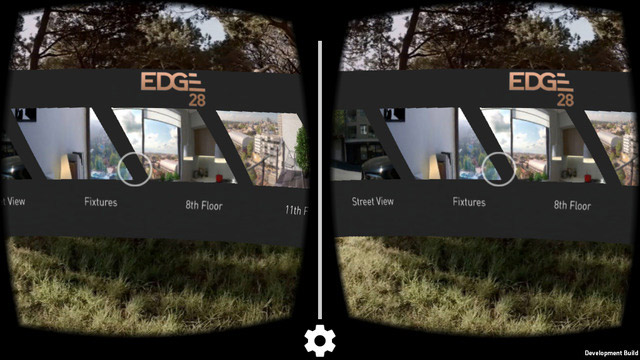
Travel Companies
Thomas Cook was the first travel company to deliver in-store VR to customers. In a partnership with Visualise, they rolled out the “Try Before You Fly” campaign in ten of their stores to offer travelers the chance to experience trips to Greece, Singapore, and New York with using Samsung’s Gear VR headset.
The visualization of New York City was most effective — the group saw a 180% increase in conversions. With flight and hotel bookings generating £12 million as a result, they saw a 40% return on investment.
Discover our project Tagible for Travel that helps travel companies increase bookings by inspiring potential customers to take action
Education
In current educational reality, virtual technologies have a place of value as they make it easier for students to understand, percept and assimilate the information they are given. VR-based learning is centered on such disciplines as history, biology, literature, economics and astronomy. It’s much more exciting to have a virtual trip to the Moon than reading about it, don’t you think? Experience this exciting learning tool with the Apollo 11 VR project to discover the history of people landing on Moon.
Google made a huge contribution to VR education with its Expeditions project. A teacher can take a class on a field trip without leaving the classroom. There are three things needed to get started: a VR headset, an Expeditions kit (you can build your own) and the Expeditions app (for iOS or Android). There are close to 500 expeditions available and more in development.
Creating Content for Virtual Reality App Development
You can go two ways: immersive real-life 360-degree videos and 3D animation or construction that goes beyond real life limits.
Taking a 360-degree video
If you need to create a VR experience of any real-world environment, a 360-degree video is a perfect solution for you. It is a lot cheaper than making a 3D animation but still requires certain equipment.
For the shooting, you will need a spherical camera with 360-degree lens, tripods or Steadicams for its stable position. As for the camera, the price range starts with $499 for Giroptic 360cam and goes up to $15,000 for professional GoPro Odyssey camera. Also, at the F8 developer conference, Facebook presented its own 360-degree camera that captures in VR video – Surround360. You can use a drone for filming as well.
When you are done with the shooting part and have tons of footage, you have to stitch that together to ensure high quality of the video. This is called post-production and there is no way to make it happen without special software like Videostitch.
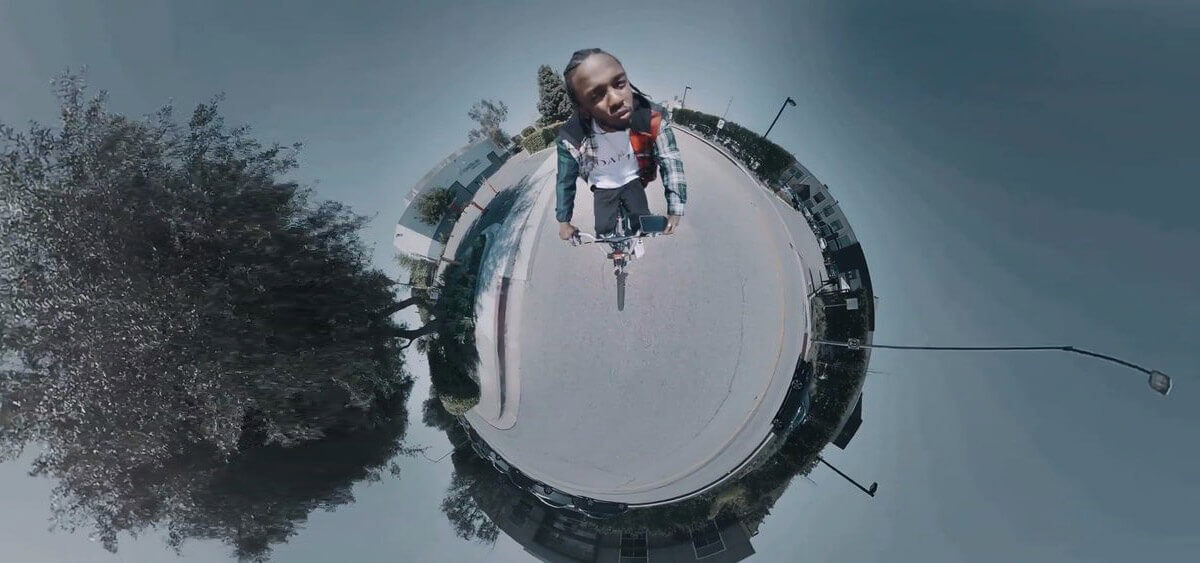
In the case you need to visualize something that doesn’t exist is the real world, 3D animation comes in handy.
Three-dimensional Animation
3D animation provides better immersion and gives an app a more real feel: users can move wherever they want, take a closer look at objects and interact with objects as they would in real life.
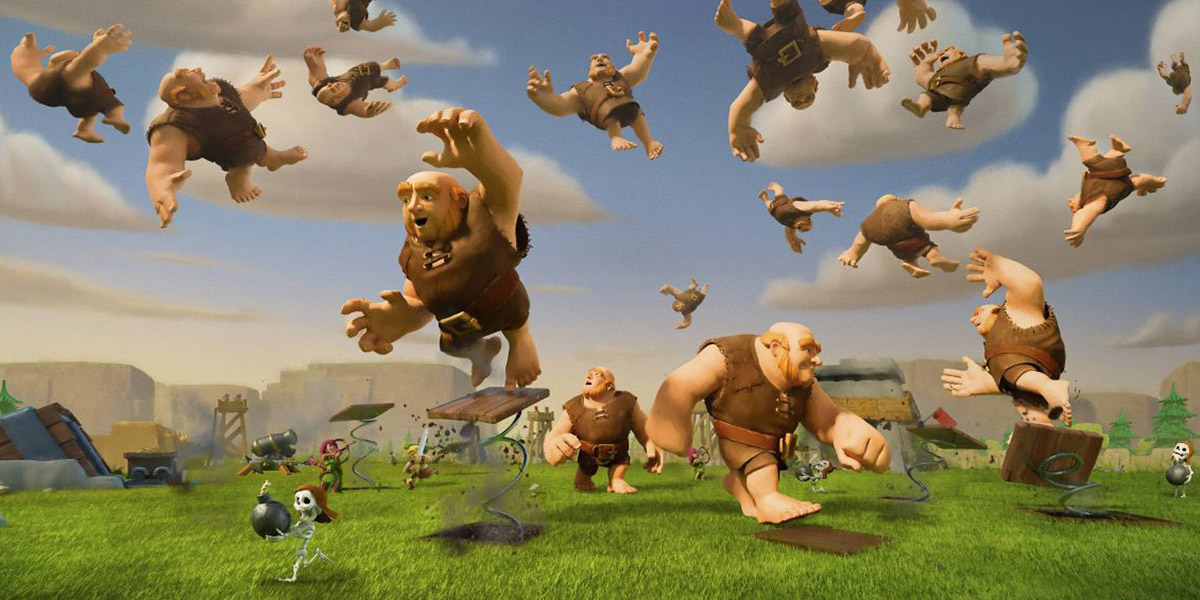
One of the easiest ways to construct rooms, furniture, and even people in 3D is Structure Sensor. This 3D scanner catches real world projects and transforms them into virtual 3D models. It can be attached to Android tablets and Apple’s iPad.
If you want to play big, you can use the game engines of your choice that also work well with creating interior designs and other non-gaming 3D constructions:
Virtual reality technology is still pretty new and immature, so its experience is not perfect yet. But it is evolving and growing so rapidly that we have no doubt — VR is our future for daily entertainment and business perspectives for sure.
Master of Code designs, builds, and launches exceptional mobile, web, and conversational experiences.




